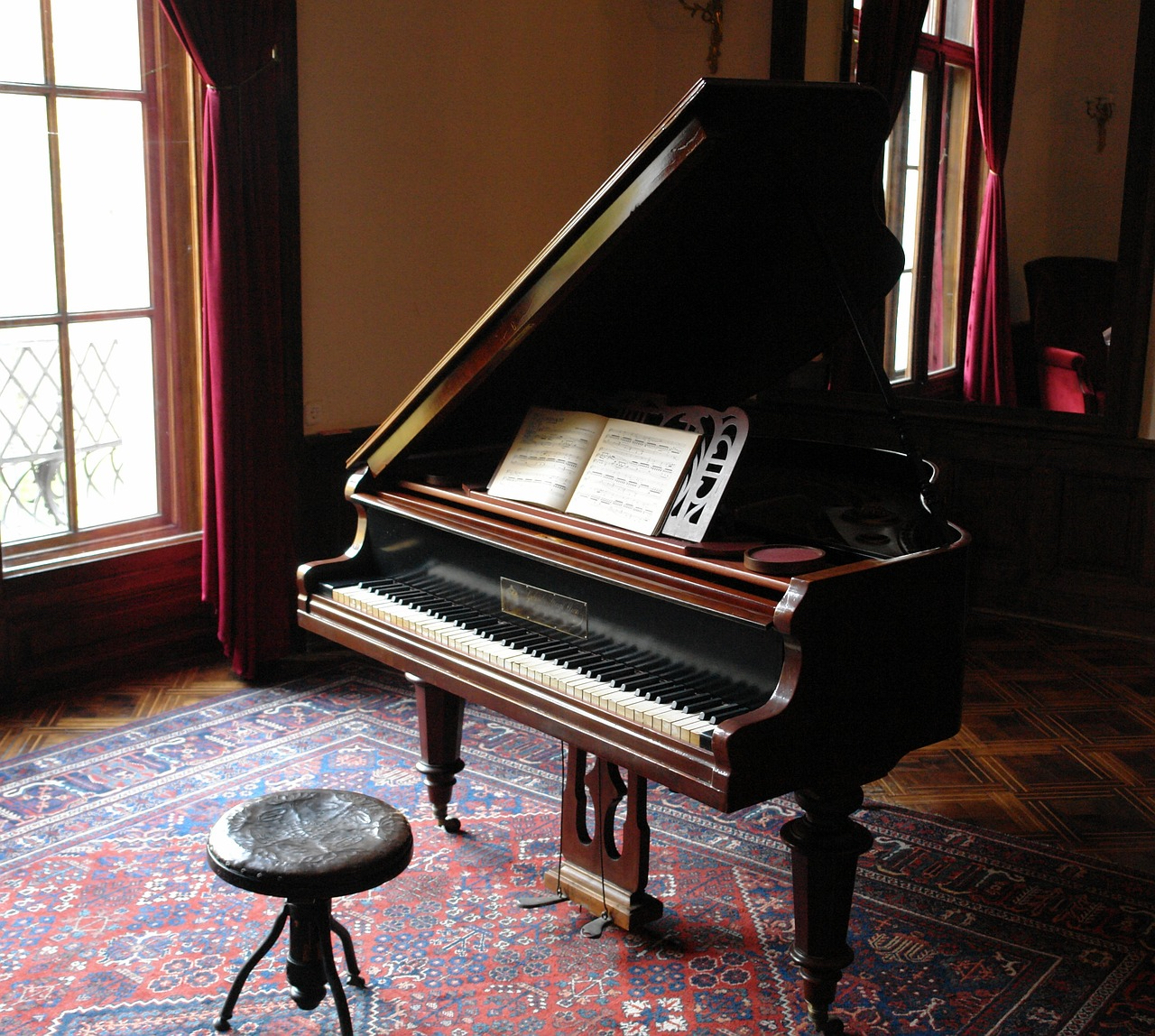Pianos are not just musical instruments; they are intricate works of art and engineering, capable of bringing joy and beauty into our lives. However, like all fine instruments, they require regular care and maintenance to ensure they remain in top condition. As experts in the world of pianos in Las Vegas, we’re here to share essential tips for maintaining your piano’s health and sound, ensuring it continues to provide the perfect pitch for years to come.
Understanding Your Piano
First, it’s important to understand what makes your piano unique. Pianos come in various types, each with its own set of characteristics and maintenance needs. Whether you own an upright, grand, or digital piano, knowing its specific requirements is key to proper care.
Regular Tuning
1. The Importance of Tuning
Pianos are sensitive to changes in their environment, which can affect their tuning. Regular tuning is crucial to maintain the correct pitch and tonal quality. It’s recommended to have your piano tuned at least twice a year, although this may vary based on climate conditions and usage.
2. Hiring a Professional
Always rely on a professional piano tuner. They possess the skills and tools necessary to adjust the tension of the piano strings accurately, ensuring that your piano sounds its best.
Climate Control
1. Temperature and Humidity
Pianos are largely made of wood, which makes them sensitive to temperature and humidity changes. Extreme fluctuations can cause the wood to expand and contract, affecting the sound and potentially causing damage. In Las Vegas, the dry climate can be particularly challenging.
2. Managing the Environment
To protect your piano, try to maintain a consistent indoor climate. Use humidifiers or dehumidifiers as needed and avoid placing the piano near air vents, doors, or windows where it can be exposed to direct sunlight or drafts.
Regular Cleaning
1. Exterior Care
Dust and dirt can accumulate on your piano, affecting its appearance and potentially its performance. Gently dust the piano regularly with a soft, dry cloth. For deeper cleaning, use products specifically designed for pianos.
2. Interior Maintenance
Cleaning the interior of a piano is a delicate task and should generally be left to professionals, especially for grand pianos. During a tuning session, ask your technician to clean the inside as well.
Play with Care
1. Gentle Use
Pianos are durable, but they are not indestructible. Encourage gentle use, especially if children are using the piano. Avoid placing heavy objects on top of the piano, as this can affect its sound.
2. Regular Playing
Regular playing is actually beneficial for pianos. It keeps the mechanisms working smoothly and can help you identify any potential issues early on.
Professional Inspections
1. Regular Check-ups
Just like any other intricate mechanism, pianos benefit from regular professional inspections. These check-ups can identify issues like loose pins, worn strings, or other repairs that might be needed.
2. Addressing Repairs Promptly
If a problem is identified, it’s important to address it promptly. Delaying repairs can lead to more significant damage and potentially more expensive fixes.
Maintaining a piano in top condition is about understanding its needs and responding to them with care and attention. Regular tuning, appropriate climate control, careful cleaning, and professional inspections are all key elements of keeping your piano sounding beautiful. Remember, a well-maintained piano doesn’t just sound better; it also holds its value better and can bring joy for generations. Whether you’re a seasoned pianist or a casual player, taking care of your piano ensures that it will continue to provide the perfect pitch and enrich your life with its music.


